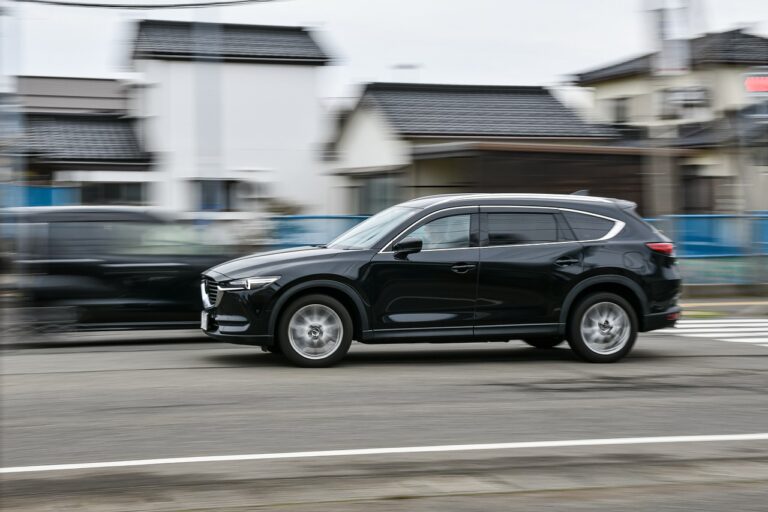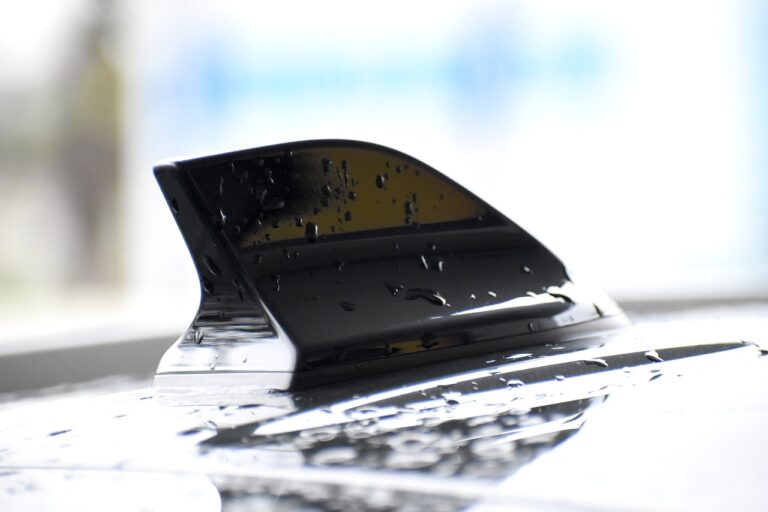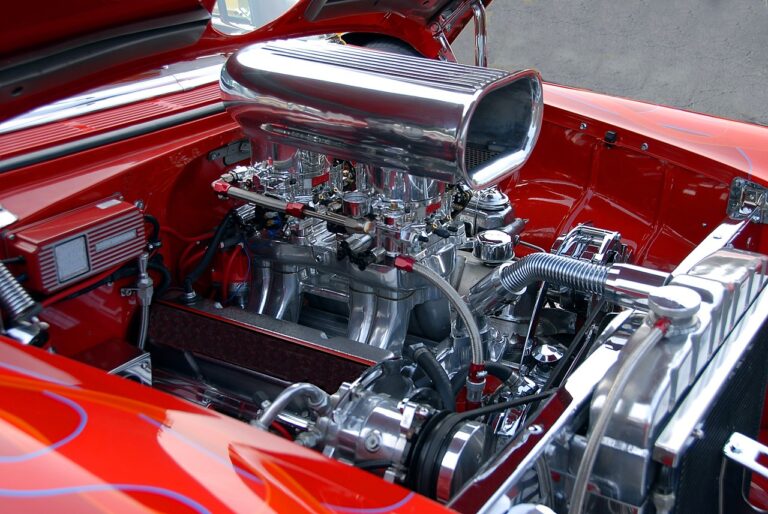The Role of Startups in Automotive Innovation: Betbook250.com, 11xplay, Yolo 247
betbook250.com, 11xplay, yolo 247: The automotive industry has long been at the forefront of innovation, with breakthrough technologies constantly shaping the way we drive, commute, and interact with vehicles. While established automotive giants have historically been the driving force behind these innovations, startups are increasingly playing a crucial role in pushing the boundaries of automotive technology.
Startups bring fresh perspectives, agility, and a strong focus on disruptive innovation to the automotive industry. With their nimble approach to problem-solving and a willingness to take risks, startups are driving significant advancements in areas such as electric vehicles, autonomous driving, connected cars, and mobility services.
1. Electric Vehicles: Startups like Tesla have been instrumental in driving the adoption of electric vehicles. Their focus on design, performance, and sustainability has pushed traditional automakers to step up their electric vehicle offerings. Startups are also working on cutting-edge battery technologies, charging infrastructure, and energy management solutions to make electric vehicles more accessible and convenient for consumers.
2. Autonomous Driving: Autonomous driving technology has the potential to revolutionize the way we travel, reducing accidents, congestion, and emissions. Startups like Waymo, Zoox, and Aurora are developing advanced autonomous systems that promise to make self-driving cars a reality. These startups are pushing the boundaries of artificial intelligence, sensor technology, and vehicle-to-everything (V2X) communication to create safer and more efficient autonomous vehicles.
3. Connected Cars: The rise of connected cars is transforming the driving experience, enabling seamless connectivity, entertainment, navigation, and safety features. Startups like Nauto, Vinli, and Humin are developing innovative solutions for in-car connectivity, data analytics, and predictive maintenance. These startups are enhancing the user experience, improving vehicle performance, and enabling new business models in the automotive industry.
4. Mobility Services: The future of transportation is not just about owning a vehicle but accessing mobility services on-demand. Startups like Uber, Lyft, and Lime are leading the charge in the development of ride-sharing, car-sharing, and e-scooter services. These startups are redefining the way we move around cities, reducing congestion, pollution, and the need for private car ownership.
5. Sustainability: Startups are driving sustainability in the automotive industry by developing innovative solutions for reducing emissions, waste, and environmental impact. From electric vehicles to biofuels, startups are pioneering alternative fuels and energy-efficient technologies that help to combat climate change and promote a more sustainable transportation system.
6. Supply Chain Innovation: Startups are also revolutionizing the automotive supply chain by introducing new technologies such as blockchain, artificial intelligence, and 3D printing. These technologies are streamlining supply chain operations, reducing costs, improving transparency, and enhancing collaboration between manufacturers, suppliers, and distributors.
Startups are poised to continue playing a critical role in shaping the future of automotive innovation. By fostering a culture of creativity, collaboration, and entrepreneurship, startups are driving disruptions that challenge the status quo and push the industry towards a more sustainable and connected future.
FAQs
Q: How do startups differ from traditional automakers in driving automotive innovation?
A: Startups are known for their agility, risk-taking, and focus on disruptive innovation, which set them apart from traditional automakers. Startups are more willing to challenge the status quo, experiment with new technologies, and collaborate with diverse stakeholders to drive innovation in the automotive industry.
Q: What are some key challenges that startups face in the automotive industry?
A: Startups in the automotive industry face challenges such as high capital requirements, regulatory hurdles, competition from established players, and the need for strong partnerships to scale their innovations. Startups must also navigate complex supply chains, manage intellectual property rights, and address consumer trust and safety concerns.
Q: How can startups collaborate with traditional automakers to drive automotive innovation?
A: Startups can collaborate with traditional automakers through partnerships, investment deals, joint ventures, and technology licensing agreements. By leveraging the strengths of both startups and established players, such collaborations can accelerate the development and commercialization of innovative automotive technologies.
Q: What role do government policies and regulations play in supporting automotive startups?
A: Government policies and regulations can have a significant impact on the growth and success of automotive startups. Policies that promote innovation, sustainability, and consumer safety can create a conducive environment for startups to thrive and drive automotive innovation. Governments can also provide funding, incentives, and regulatory support to encourage the development and adoption of new technologies in the automotive industry.







